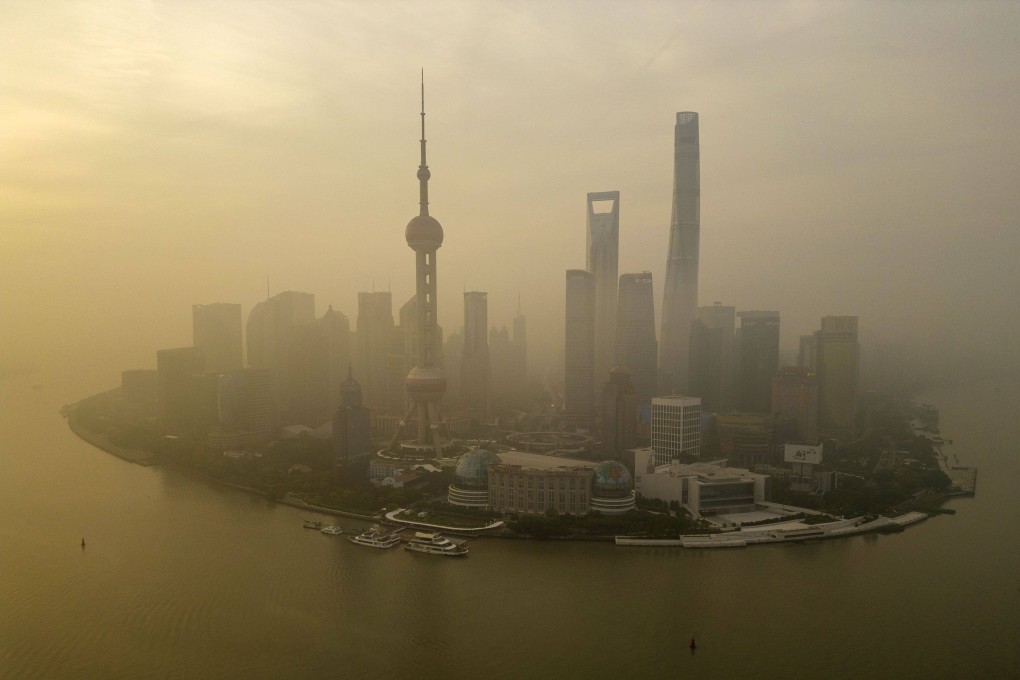My Take | Farewell China rainmakers! Beijing’s new financial order leaves little room for super middlemen
- Rainmakers have been the children of China’s great market opening and its path towards integration within the global economy
- China’s latest financial work conference is set to further squeeze the wiggle room for these middlemen amid changing geopolitics

China’s financial sector used to be a happy hunting ground for well-connected brokers, with these “rainmakers” able to combine the language of Wall Street with enviable access to Beijing’s corridors of power.
The emergence of this elite group began in the 1990s when Beijing began the partial privatisation of state-owned enterprises (SOEs) and state banks by ceding control of minority stakes to foreign investors.
China needed capable agents who could reach investors, while investors in turn needed these people to navigate China’s complicated and opaque political and regulatory landscape.
As such, these rainmakers are the children of China’s great market opening and its path towards integration within the global economy. However, they have also become associated with the country’s financial exuberance due to their role in accelerating foreign investment and China’s economic development.
Without them, it might have been much harder and slower for China’s state banks and SOEs to get the much-needed capital to fuel their expansion.
As a bridge between China and the capitalist world, this group of elite brokers have constantly faced doubt and suspicion. Chinese nationalists have accused them of helping foreigners snatch national assets, while compliance departments at their New York and London-headquartered employers have often found their methods questionable.
